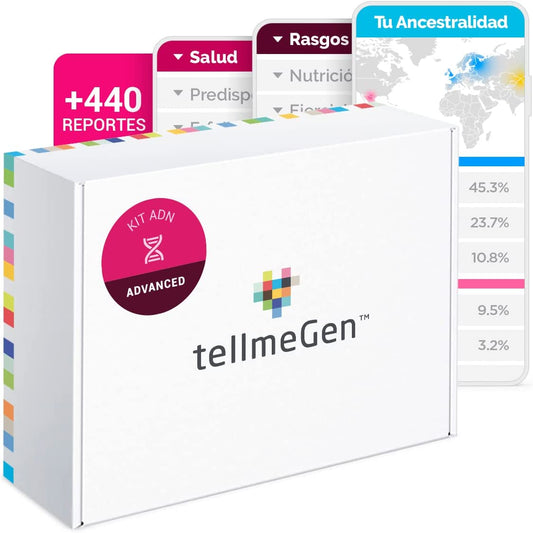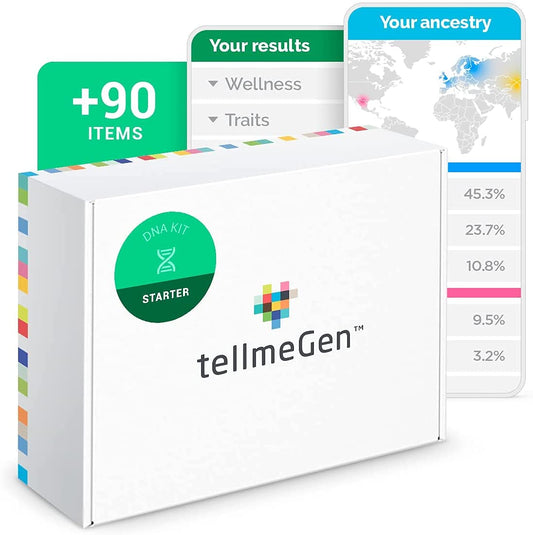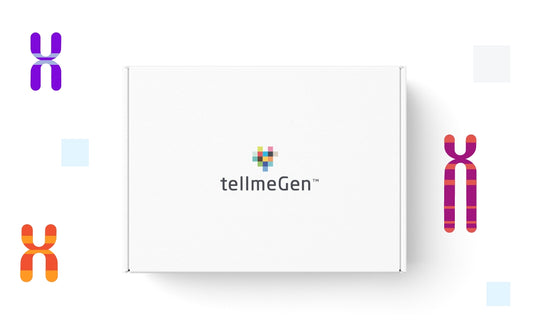Lung cancer and pancreatic cancer are two of the most aggressive and deadly types of cancer. In recent years, there has been a marked increase in the incidence of these two types of cancer. Lung cancer is the third leading cause of carcinoma worldwide, after breast and prostate cancer, but it is the leading cause of death from tumors. On the other hand, pancreatic cancer is less common, but its survival rate is very low.
There are several risk factors that are associated with lung cancer and pancreatic cancer. In the case of lung cancer, the most important environmental risk factor is smoking, which is associated with 80% of cases. Not only cigarette smoking, but also the use of cigars, pipes, and e-cigarettes can increase the risk of lung cancer. Exposure to radon gas, a radioactive gas that can accumulate in some homes, and environmental contamination have also been identified as risk factors.
In the case of pancreatic cancer, smoking has been identified as a risk factor, being associated with 25% of cases. Additionally, being overweight, obese, and chronic pancreatitis have also been associated with an increased risk of developing pancreatic cancer. However, it is not yet clear what other factors may contribute to the development of this type of cancer.
In addition to environmental factors, there is also a genetic component that can increase the risk of developing lung cancer or pancreatic cancer. The heritability of these cancers is estimated to be 18% and 10%, respectively. The presence of rare mutations in certain genes, such as BRCA1/2 or MLH1, may be responsible for cases of familial cancer. In addition, many more common genetic variants have been identified that may also increase the risk of lung cancer and pancreatic cancer.
To help assess the risk of developing lung cancer or pancreatic cancer, genetic testing may be done. The tellmeGen Advanced DNA Kit is an example of a genetic test that can provide information about the risk of developing lung cancer and pancreatic cancer, as well as other types of cancer. These tests can identify genetic variants that may increase the risk of developing cancer, which can be helpful in taking preventative measures and detecting cancer early.
In summary, lung cancer and pancreatic cancer are two very aggressive and deadly types of cancer. Smoking is the main risk factor for lung cancer, while smoking, obesity, and chronic pancreatitis have been associated with increased risk


























































































































